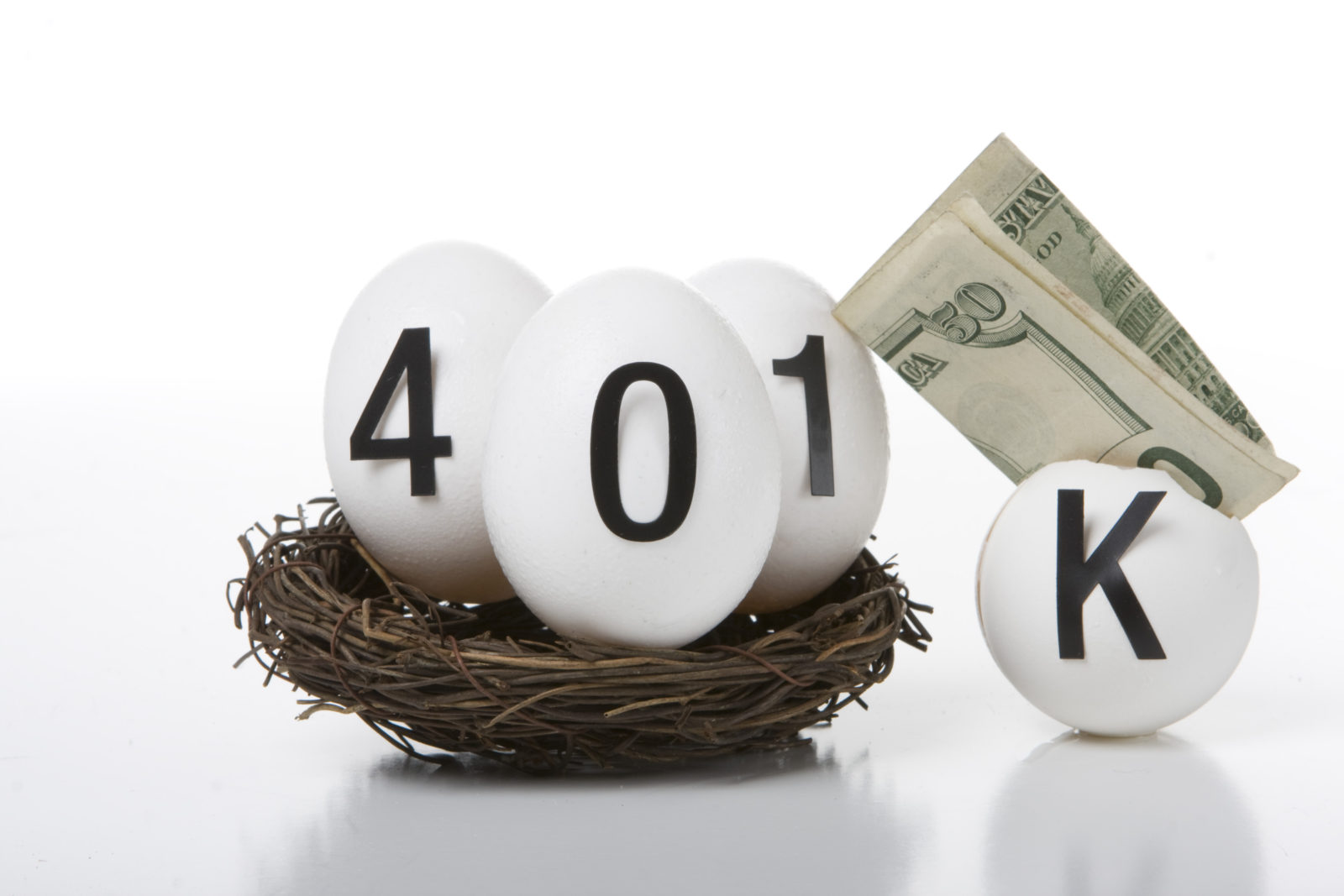Cashing Out Your 401k
If you’ve ever thought about cashing out your 401k, whether it is for down payment on a house or some other expense, there are a few things to consider. When it comes to your 401(k), different rules apply at different ages. Here’s an overview of what you can do at 55, 59 1/2, and 70 1/2.
Under Age 55
If you’re under age 55, and you still work for the company where your 401(k) plan is at, you’ll have only a few limited options to tap 401(k) funds, such as taking a 401(k) loan or a hardship withdrawal – if the company allows these options.
If you’re no longer employed by the company, you can roll the funds over to an IRA, or cash in the 401(k) plan.
Be careful on cashing in – if you cash in you’ll void valuable creditor protection that stays in place when you keep the funds in the plan.
Age 55 or Older
If you are age 55 or older there are different rules that apply depending on your age.The three ages to take note of are 55, 59 1/2, and 70 1/2. Below are the rules that apply at each of those retirement ages.
Age 55 to 59 1/2
If you are retired, most 401(k) plans allow for penalty-free withdrawals at age 55 instead of having to wait until 59 1/2. To use this 401(k) retirement age 55 provision your employment must have ended no earlier than the year in which you turn age 55, and you must leave your funds in the 401(k) plan to access them penalty-free. (For many police, firefighters and EMTs, this provision makes funds accessible as early as age 50, rather than 55.)
Watch out for the two ways you can void this age 55 liquidity provision:
- If you retire the year prior to reaching age 55, the 401(k) retirement age 55 provision will not apply. Your withdrawal will be subject to a 10% early withdrawal penalty tax. For example, assume you retire at 54, thinking in one year you can access funds penalty-free. Nope, sorry. You needed to wait one more year to retire for that provision to apply.
- If you roll your 401(k) plan over to an IRA, the retirement age 55 provision will not apply. The earliest age at which you can withdraw funds from a traditional IRA account without penalty taxes is age 59 ½.
Age 59 ½ to 70 1/2
Access to your 401(k) funds at age 59 1/2 depends on whether you are still working or not.
Retired – If you are retired, and terminated employment after reaching age 55, if your funds are still in the 401(k) plan, you can access them at age 59 1/2 and pay no early withdrawal penalty tax. If you have rolled your 401(k) funds to an IRA, the rules are the same – age 59 1/2 is the earliest you can withdraw funds from an IRA account and pay no early withdrawal penalty tax.
Still working – If you are still working, you can access funds from an old 401(k) plan once you reach age 59 1/2, but you may not have the same access to funds inside the 401(k) plan at the company you currently work for. If you are still working for the company at which your 401(k) plan is at, you will have to check with your 401(k) plan administrator to see if your plan allows what is called an “in-service” distribution at age 59 ½. Some 401(k) plans allow this and others do not.
401(k) Retirement Age 70 ½
Age 70 1/2 is the age that required minimum distributions start. At this age, in general, you must begin taking distributions from all your tax-deferred retirement plans (plans like IRAs and 401(k)s).
If are still employed by the company at which your 401(k) plan is at, you are not an owner, and you do not wish to take a distribution, your plan may offer an exception to these mandatory distributions.
You will have to check with your plan administrator to see if they allow an exception to the required minimum distribution rules if you are still working at age 70 1/2.
Podcast: Play in new window | Download

